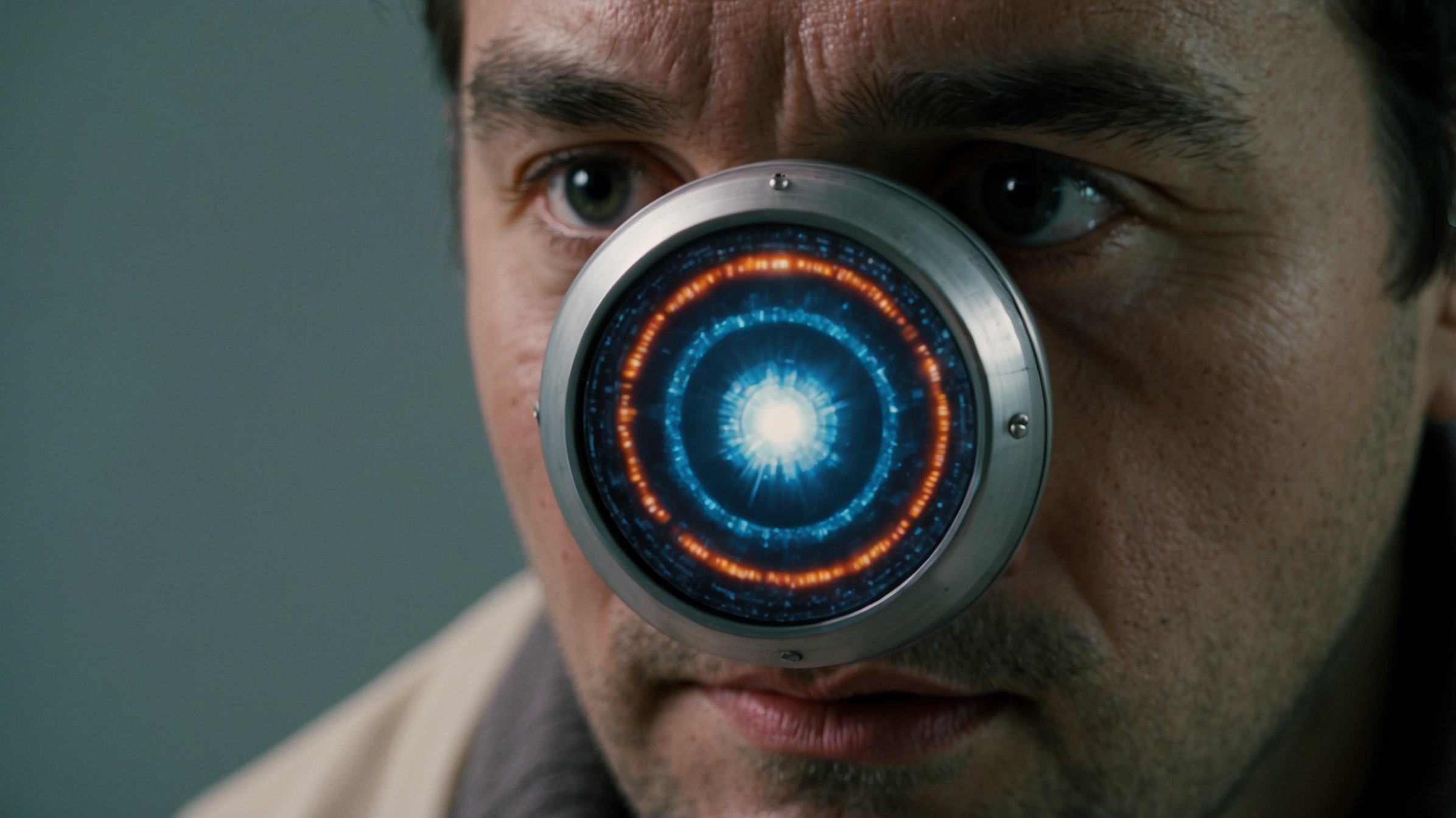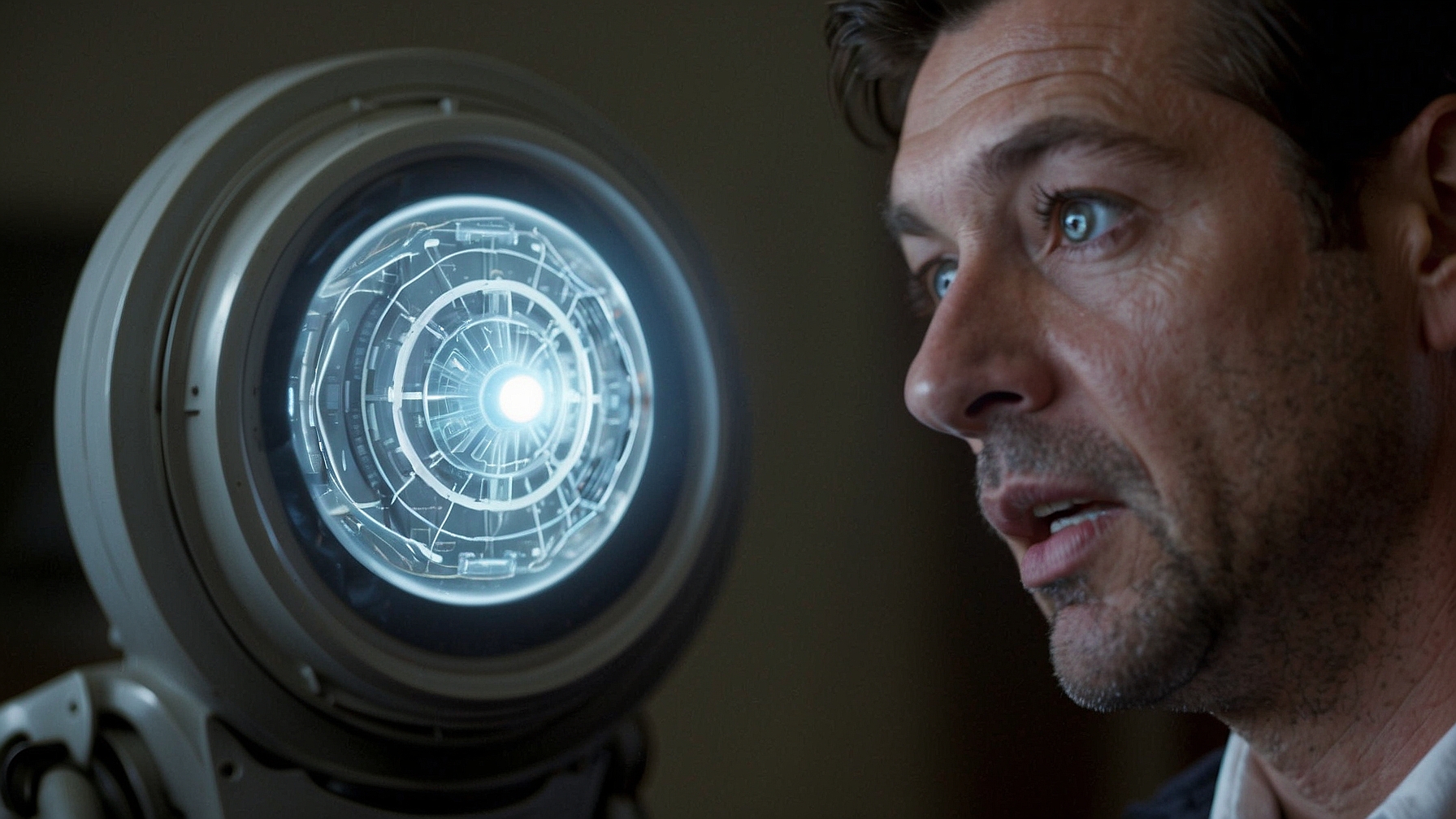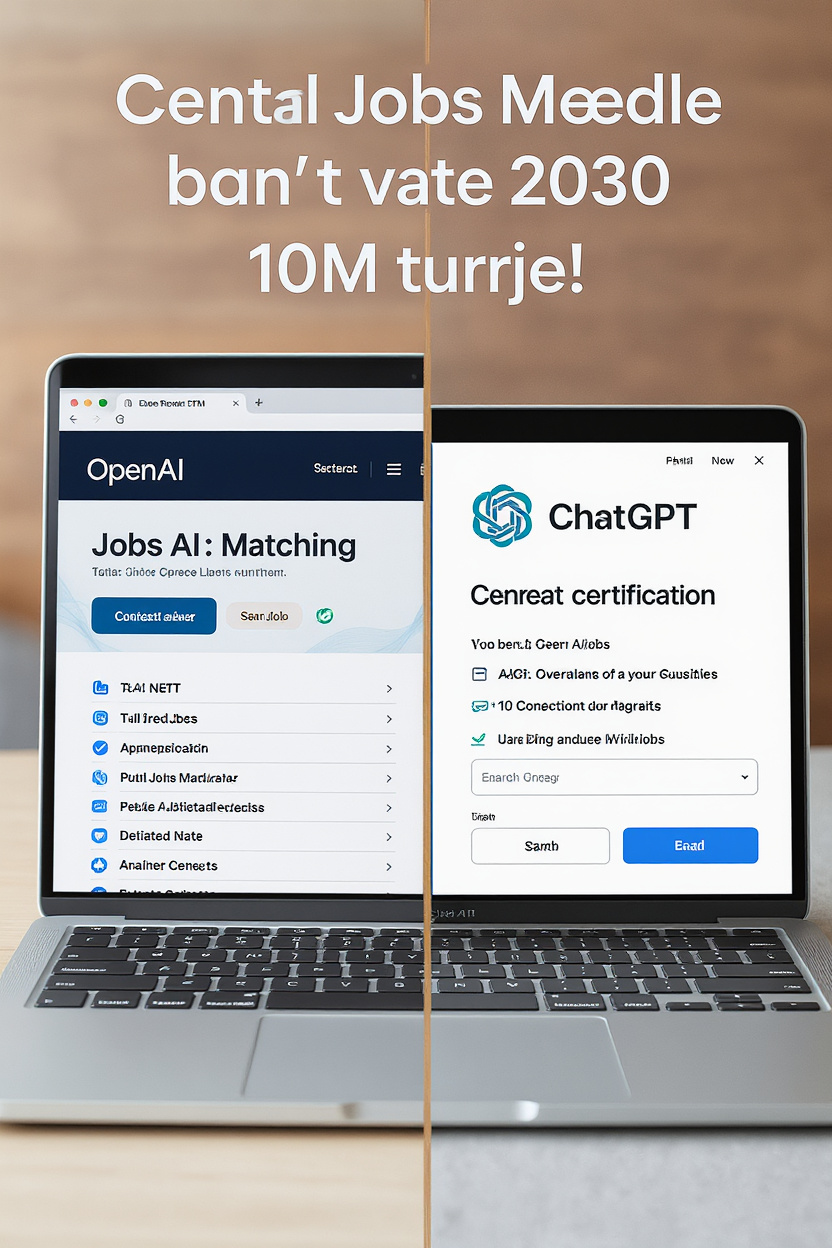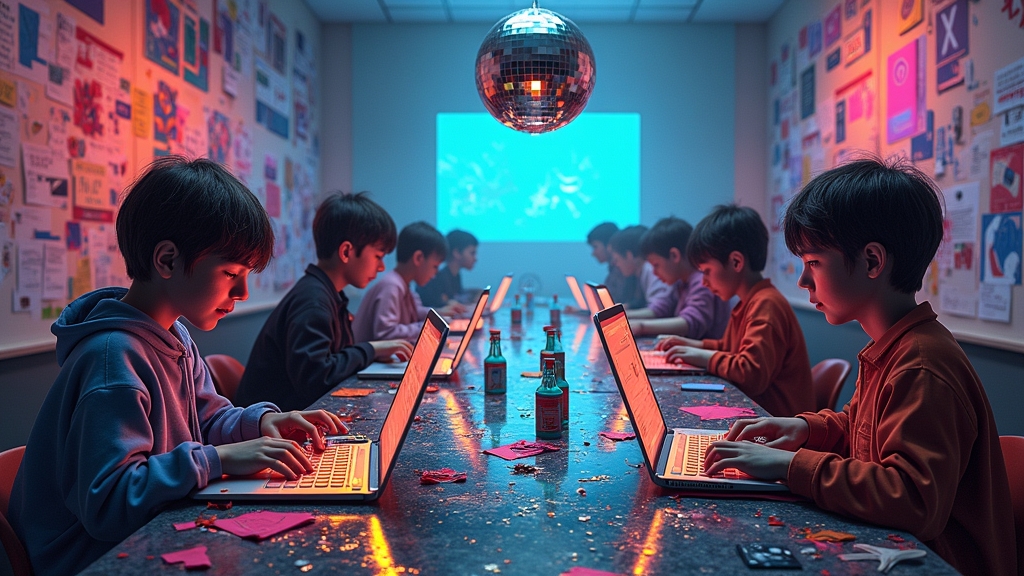Local Man Convinced He’s Robot After OpenAI Orb Insists His Eyes “Too Dead for Humanity”
In a landmark achievement for artificial intelligence and existential dread, OpenAI has unveiled its revolutionary eyeball-scanning Orb, a device that can allegedly differentiate the humans from the cunning artist formerly known as rogue androids. This latest marvel oses just one big challenge: what happens if the Orb decides you fail the humanity test?
Meet Bob Jenkins, a humble accountant from Albuquerque, who recently had a rather unsettling encounter with OpenAI’s new contraption. “I went to see what the hype was about,” Jenkins recounted from his basement apartment, where he’s taken to wearing aluminum-foil hats and replying only in binary. “Next thing I know, the Orb gazes into my soul—or lack thereof—and calls me out for ‘unusually synthetic vibes.’ I mean, who knew I’d have to worry about convincing a blinking ball of glass that I’m a living, breathing guy?”
The Orb, initially developed to guarantee secure human interaction and stop anthropomorphic cats from posing as lawyers online, uses advanced biometric technology to determine if you are, in fact, the skin, bones, and angst-based lifeform you claim to be. Its decision-making process has stirred concerns. Privacy activists argue that once machines start judging humanity, the slippery slope towards refrigerators withholding snacks from you for that third donut isn’t far off.
Professor Ada Singularity of Tech-Utopia University weighed in by saying, “Once you let the automated orbs question your species membership, it won’t be long before your phone demands you prove you’re not just a particularly motivated loaf of sourdough. Which, personally, I find hard to differentiate these days.”
The Orb’s defenders claim it’s a crucial step forward in human-technology interactions—or, you know, whatever Orwellian nightmare we’ve decided to call progress now. “Once our devices confirm you’re not a sociopathic toaster, we can finally focus on important matters, like making sure the AI art generator sees fewer squiggles and more Rembrandts,” stated a company spokesperson, after the Orb swiftly confirmed his humanity in record time, utilizing a relaxed eye gaze and copious blinking.
As for Bob Jenkins, he’s trying to stay positive—or at least whatever simulated positivity he can muster. “All I wanted was to be verified on social media,” Jenkins lamented. “Now I’m on a list somewhere with a toaster repairman and the last customer who asked Siri to explain NFTs without crying.”
In related news, OpenAI’s rival companies are reportedly developing devices to determine if dogs posting opinions on the Internet are in fact canine at all—a move sure to prompt questions about what bigger conspiracy we’ll uncover next week: that our cats are ignoring us because, really, they’re very busy robots?





